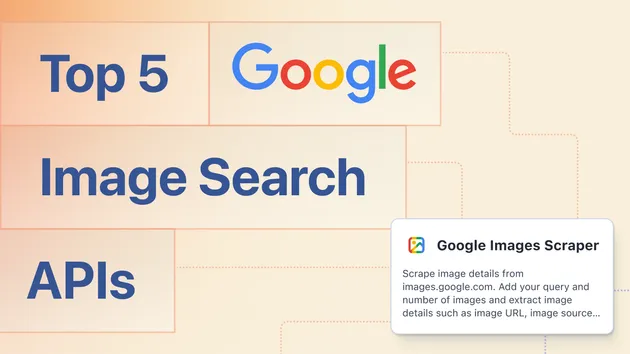Midjourney Automation
Pricing
$19.00/month + usage
Midjourney Automation
Automate Midjourney to generate AI images through API or user interface. Create multiple artworks simultaneously, manage batch processing, and auto-upscale images. Includes an image gallery for easy browsing and downloading. Perfect for streamlining your Midjourney workflow.
Pricing
$19.00/month + usage
Rating
4.0
(2)
Developer

Iñigo Garcia Olaizola
Actor stats
22
Bookmarked
248
Total users
5
Monthly active users
13 hours
Issues response
a month ago
Last modified
Categories
Share


